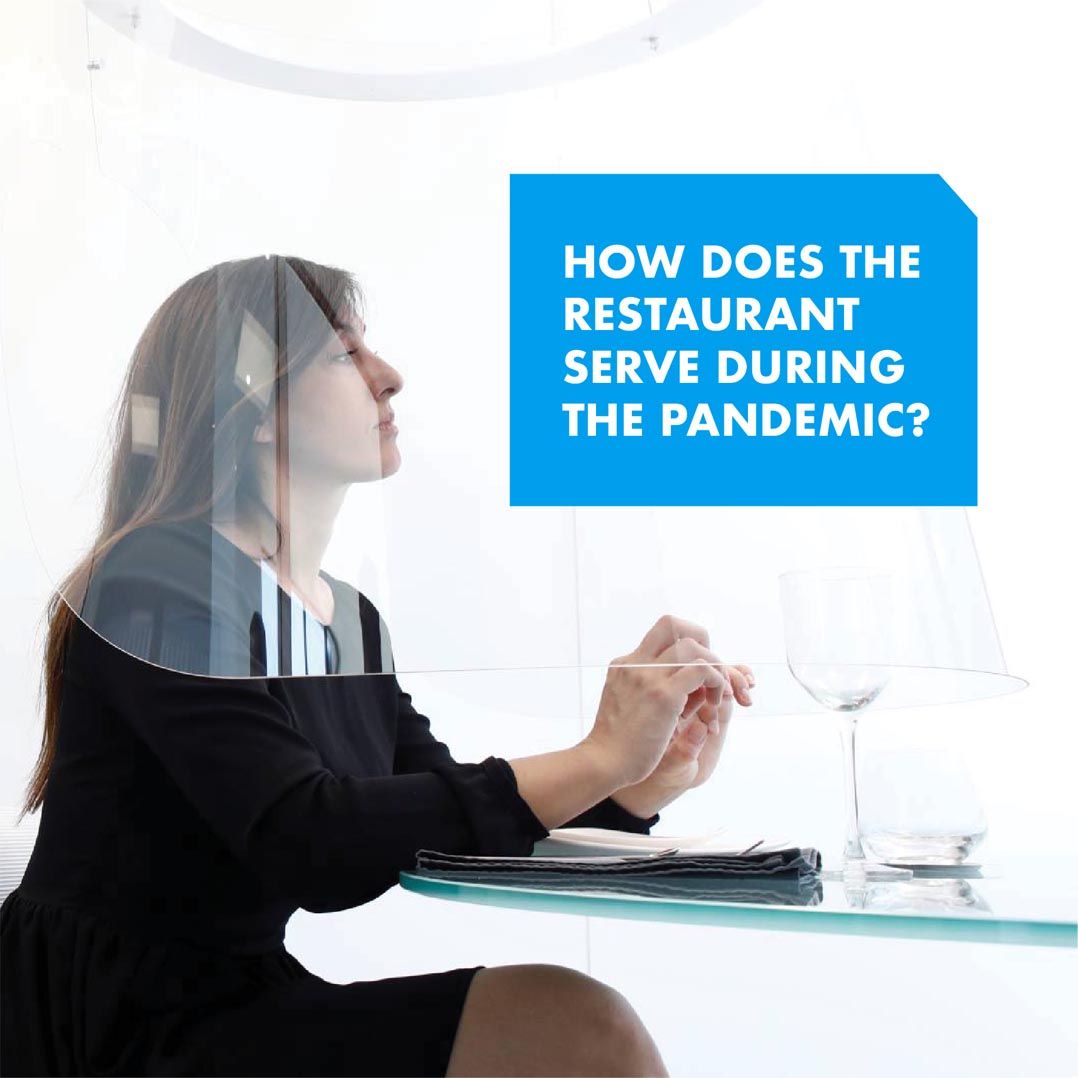
How does The Restaurant serve During The Pandemic?
Back then, a restaurant is one of the favorite things for many people. It is where couples enjoy a date night, families celebrate a baby born, and communities gather on many occasions. But since the lockdown worldwide due to the coronavirus, the restaurant is starting to fade away.
The global pandemic forces restaurants to close, and their revenue drops to zero overnight; things get particularly dire. Two months into the pandemic, a lot of restaurants were shuttered and employees out of work—three times the job losses seen by any other industry.
But now, the restaurant industry start thriving. Within a few short months, we now see an industry back on its heels, massively disrupted by an external force so unprecedented it is almost unfathomable. The pandemic forced restaurateurs to pivot and adapt, quickly adopting contactless technology, shifting most services to off-premises and outdoor dining, and adjusting labor levels and menus.
Read More:
So, how is the restaurant serving during the pandemic?
- Contactless Payment
The Covid-19 pandemic is expected to cause a drastic decline in cash usage due to contamination risk. QR-based payments, digital payments, and online payments will dominate the payment system in restaurants. These three types of payments are a new solution to reduce physical contact when making transactions at the cashier. Cashless payments are the choice to prevent the spread of the virus.
- Digital Menu
QR codes, or Quick Response codes, are matrix barcodes that can be read by a smartphone to quickly communicate information — such as a digital menu — to the device. Digital menu QR codes have been an inexpensive solution to prevent the spread of the virus, allowing guests to scan the codes with their smartphones to view menus and, in some cases, order as well.
- Online Order
Since there are social distension, culinary businesses usually exclude dine-in services. So, customers who want to order food or drinks can use the online delivery service. This habit will likely continue after the Covid-19 pandemic ends. Business operators will also increasingly maximize service delivery, either by recruiting courier delivery orders or in collaboration with delivery service providers.
- Redesign
The dining tables must now be arranged so that they are farther away from each other. Then, visitors who come to eat at the place also not as much as before. This is because people still anticipate the risk of Coronavirus transmission.
Hopefully, the pandemic will pass soon, but to face the difficulties, we should come out with out of the box idea to keep managing the business. One of them is managing a business digitally and providing payment options without face-to-face to avoid the spread of the virus.
So, do you have any idea how to keep the restaurant sere during the pandemic? If so, the first step you should take is to study about the business itself. You can study culinary business in SGU.
SGU offers accredited degrees with international exposure in Switzerland through our partner university (International Management Institute Switzerland). Our partnership with prominent associations (Association of Culinary Professionals, PT Langgeng Makmur Kencana, and others) within the culinary industry also allow our students to learn directly from industry professionals.
SGU is the first and only to offer a double degree program in Culinary Business in Indonesia. Through this program, every student is required to go to Switzerland and study at the International Management Institute.
The program consists of culinary courses taught by experienced SGU lecturers in Indonesia and world class European culinary courses in Switzerland. You will continue to expand your skills and knowledge towards advanced skills. In the final semesters, you will be equipped with entrepreneurial skills to be future owners / operators in the culinary industry.
Speaking of internships, every SGU International Culinary Business student will be required to take part in two internships: in Indonesia and abroad. In their first internship in Indonesia, students will be usually directed to hot kitchens (a kitchen that supports the use of heat in cooking all sorts of ingredients, whether by boiling, steaming, frying, stir-frying, stewing or roasting, etc.). In the second internship, they will usually be directed to take the cold kitchens (a kitchen that supports cooking processes that do not require heat).
These two internship programs are of course formed so that students can gain advanced culinary skills. Those who really want to be chefs or entrepreneurs can be more focused. Students will also be further nurtured through the 5 Days Culinary Preneur program, an additional program special for International Culinary Business students that allows them to make a culinary business plan with experienced mentors.
SGU International Culinary Business graduates will be equipped with the knowledge and skills needed to succeed in managerial positions within the culinary industry, in addition to potential owners of future culinary establishments. The following are some career prospects for those of you who study International Culinary Business at SGU:
- Chef Owner (Restaurant, Café, Bakery, etc.)
- Professional Chef
- Culinary Consultant
- Food Stylist
- Catering Services
- Cruise Staff
Wait no more, take your opportunity to study International Culinary Business at SGU!
About SGU
SWISS GERMAN UNIVERSITY (SGU) is an international university in Indonesia, was established in 2000 as a joint effort between Indonesia, Germany, Switzerland, and Austria. We are the pioneer in offering international curricula in Indonesia. Qualified students can graduate with a Double Degree from Indonesia and Germany, which SGU provides in cooperation with partner universities; surely a valuable tool for your future careers. Ever since its establishment, SGU has been dedicated to delivering quality education in line with international standards and aims to develop skilled professionals who meet the demands of the industry. In order to achieve its objectives, SGU offers quality-oriented learning through 12 Bachelor’s Degree Programs and 4 Master’s Degree Programs ranging from Engineering, Information Technology, and Business to Life Sciences and Social Sciences. Furthermore, with small class sizes, and with English as the medium of instruction, you can look forward to pursuing your tertiary education and degree with full confidence.
Curriculum Back